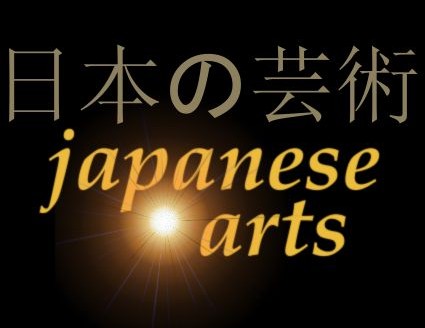| architecture |
| calligraphy |
| ceramics |
| clothing |
| comics |
| gardens |
| lacquerwork |
| literature |
| movies |
| music |
| painting |
| poetry |
| sculpture |
| tea ceremony |
| television |
| theatre |
| weaponry |
| thematic routes |
| timeline |
| the site |
context: tea ceremony > history > Rikyu
Rikyu's Political and Economic Context
This material is often ignored when discussing Rikyu, but I think it's important and interesting. Toyotomi Hideyoshi made Rikyu his tea master - which meant conducting ceremonies, but also teaching Hideyoshi his methods. Hideyoshi perhaps needed someone to soften his martial image, to present him as an artistic, sensitive man with a feeling for Zen.
But note also that getting important guests in a small room in peaceful surroundings is a terrific diplomatic opportunity (Hideyoshi was trying to end a long period of warring states by unifying Japan, so lots of alliances and deals were needed). There are plenty of letters showing how big a part Rikyu was expected to play in such manoeuvring.
Rikyu didn't start as a monk or an artist. I mention the commercial interests of the expanding merchant classes in the previous section on Shuko, and these were Rikyu's roots too. In fact, there are records of his supplying arms to the warring lords - much as many accounts want to construct Rikyu as a pure and noble Zen aesthete, the political, military, diplomatic and economic factors can't be discounted. We'll return to some of these points in a couple of pages, when we reach his death.
